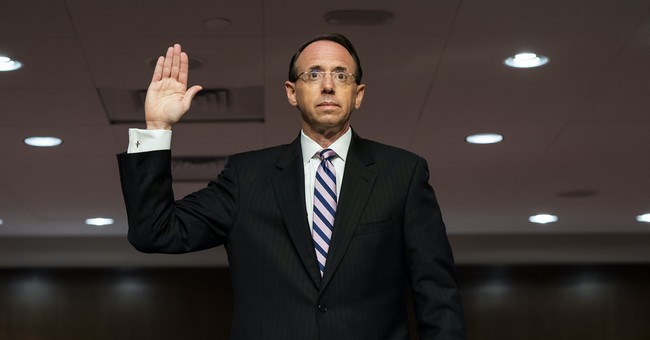
I never met or worked with Rod Rosenstein in my 22 years with the Department of Justice.
But I met a lot of “Rod Rosensteins” over the course of my 22 years with the Department of Justice.
They are guys who rise through the ranks mostly based on their ability to not make anyone in a position of authority angry at them, and by not making any egregious mistake that follows them around. The best way to accomplish that is to not do anything noteworthy or controversial.
Those traits were on full display in his testimony today before the Senate Judiciary Committee. His responses to their questions fit generally within the broad characterization of “I wanted things done according to the rules and regulations, I trusted the officials who were in charge, I gave them the authority I thought they needed when they asked for it, and I didn’t see any concerns that warranted asking too many questions.”
In other words, he didn’t want to make anyone angry, he didn’t want to do anything he might be criticized for, and he “trusted” the people running the investigation even though they had given him many reasons to not trust them.
I’m not going to try to recount all that Rosenstein testified to during the hearing. I want to focus on how unsuited he was for the position of Deputy Attorney General (DAG), and how is actions demonstrate that.
At the end of the Obama Administration Rosenstein was the U.S Attorney for the District of Maryland. He held that position until April 26, 2017, when he was confirmed as DAG.
But for weeks/months prior to his confirmation he was “acting” in that role — not officially, but unofficially. Sessions recused himself as Attorney General over the Russia probe. At that time, Dane Boente was the Acting DAG — Rosenstein’s spot. With Sessions’ recusal, Boente was also the “Acting AG” over the Russia probe. Boente was a holdover Obama US Attorney for the Eastern District of Virginia. Those two US Attorneys’ Offices share a common boundary to the east and west of DC, so they were well acquainted with each other. There is no doubt that Rosenstein was in and around the DAG office during the period he was awaiting confirmation, and was working with Boente in trying to manage what Dir. Jim Comey and the FBI were doing after the Trump Administration took over.
Recall that almost immediately after being confirmed, Rosenstein recommended to Trump that he fire Comey. This is rather significant act since Rosenstein had known Comey, and worked with Comey for a long time. Comey was the DAG when Rosenstein was first named US Attorney of Maryland by Bush 43. And Comey had been FBI Director for several years during the Obama Administration while Rosenstein was US Attorney in Maryland.
But Rosenstein’s testimony today was — for all practical purposes — that Comey and Andrew McCabe were never completely forthcoming about the full scope of what they had undertaken several months earlier in terms of the Russia probe. I think the point Rosenstein made without being terribly clear on it is that Comey and McCabe fed him all the “positive” developments in the investigation, while hiding from him all the dead ends, dry holes, and simple falsehoods that had turned up since the summer of 2016.
How he was surprised to find that out later is revealing about “who” he really was. In good working relationships between prosecutors and agents, there has to be a certain amount of “tension.” They work as a team, but with different functions. The prosecutor must take a “critical” view of the agent’s work — he can’t be cheerleader. The prosecutor has an eye on the courtroom, where the agent’s view sometimes is only on “solving” the mystery. “Solving” the mystery is sometimes aided by unwarranted conclusions and illogical assumptions. Those don’t work in a courtroom, and the prosecutor needs to “weed them out” of the agent’s case when they appear. Agents don’t like that sometimes, but most realize the end product is better even if it means they have to do more work.
But Rosenstein was true to who he was even after he had more than good cause as DAG to question the things that Comey and McCabe had been telling him for months. He didn’t look to “weed out” problems in their investigation. Even though he said the President should fire the FBI Director, he seemed unconcerned about understanding everything Comey had been up to. Recommending Comey’s firing was a pretty startling stance to take, so presumably there should be a bit of a “jaundiced eye” turned towards the pursuit that Comey had seemingly been engaged in on a personal level for months.
Further, in the aftermath of Comey’s firing, Rosenstein recognized that McCabe was so unhinged by it that he could not leave the Russia investigation in McCabe’s hands. Rosenstein knew how “hands-on” McCabe had been in the progress of that investigation, and now McCabe had opened a “criminal obstruction” investigation of the President of the United States for having followed Rosenstein’s advice — regardless of any public comments Pres. Trump might have made to Lester Holt or anyone else. I have always believed this was Rosenstein’s motive for turning to a Special Counsel – it was the only way to get McCabe away from the investigation without firing McCabe too.
But at that point Rosenstein became “Rosenstein” again — he picked Robert Mueller and then got out of the way so as to not anger anyone or risk making a mistake that might follow him — Rosenstein — around in his new job as DAG.
Without making the effort to look carefully and deeply into what Comey and McCabe had been up to — two guys he just recommended firing/removing from the investigation — he just turned over everything they had to the Special Counsel, and asked no questions that might make someone mad or cause others to criticize him for.
The “Rod Rosensteins” I encountered over 22 years were the guys you just wanted to avoid if you really wanted to get things done.
Generally they were fine with that as it served there purpose of leaving no trail behind them as they moved on and up.
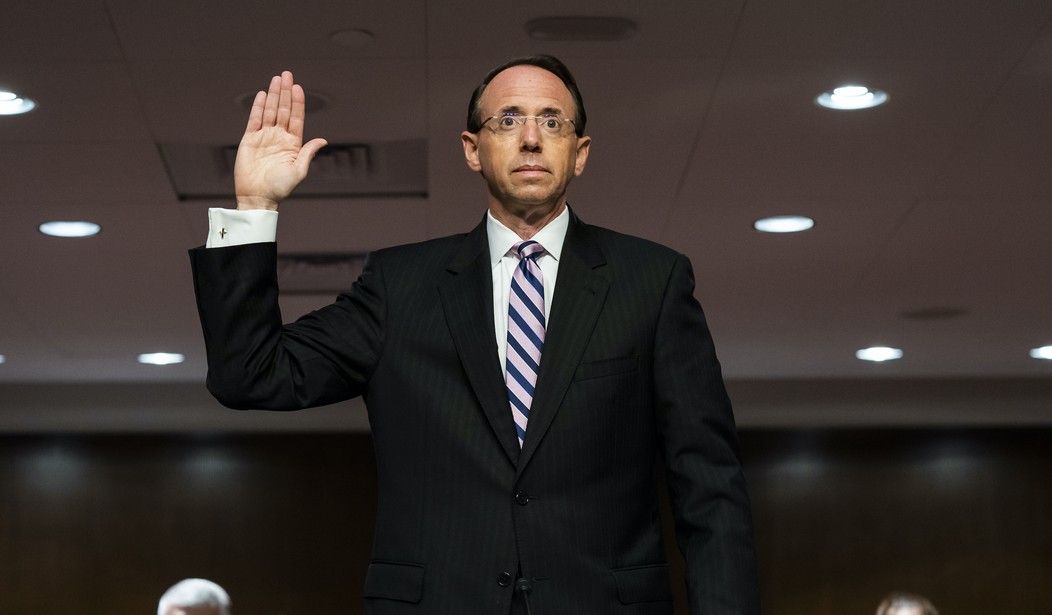

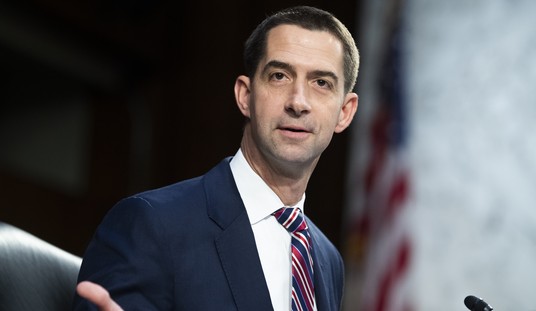
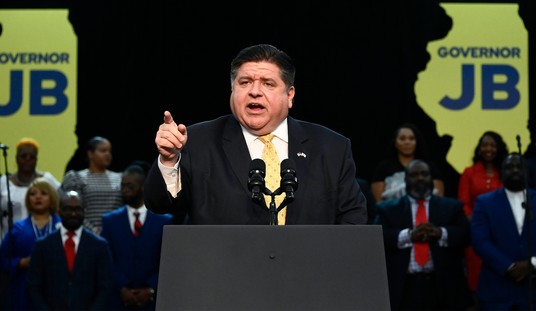






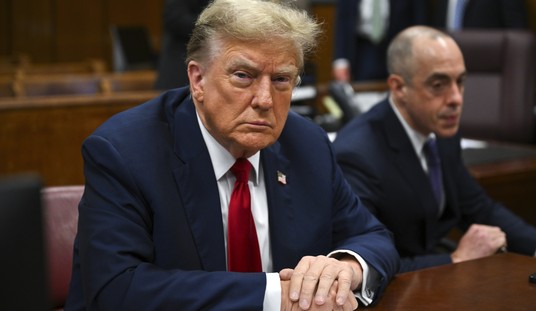



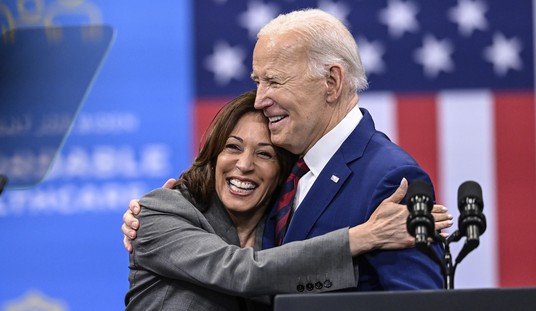
Join the conversation as a VIP Member